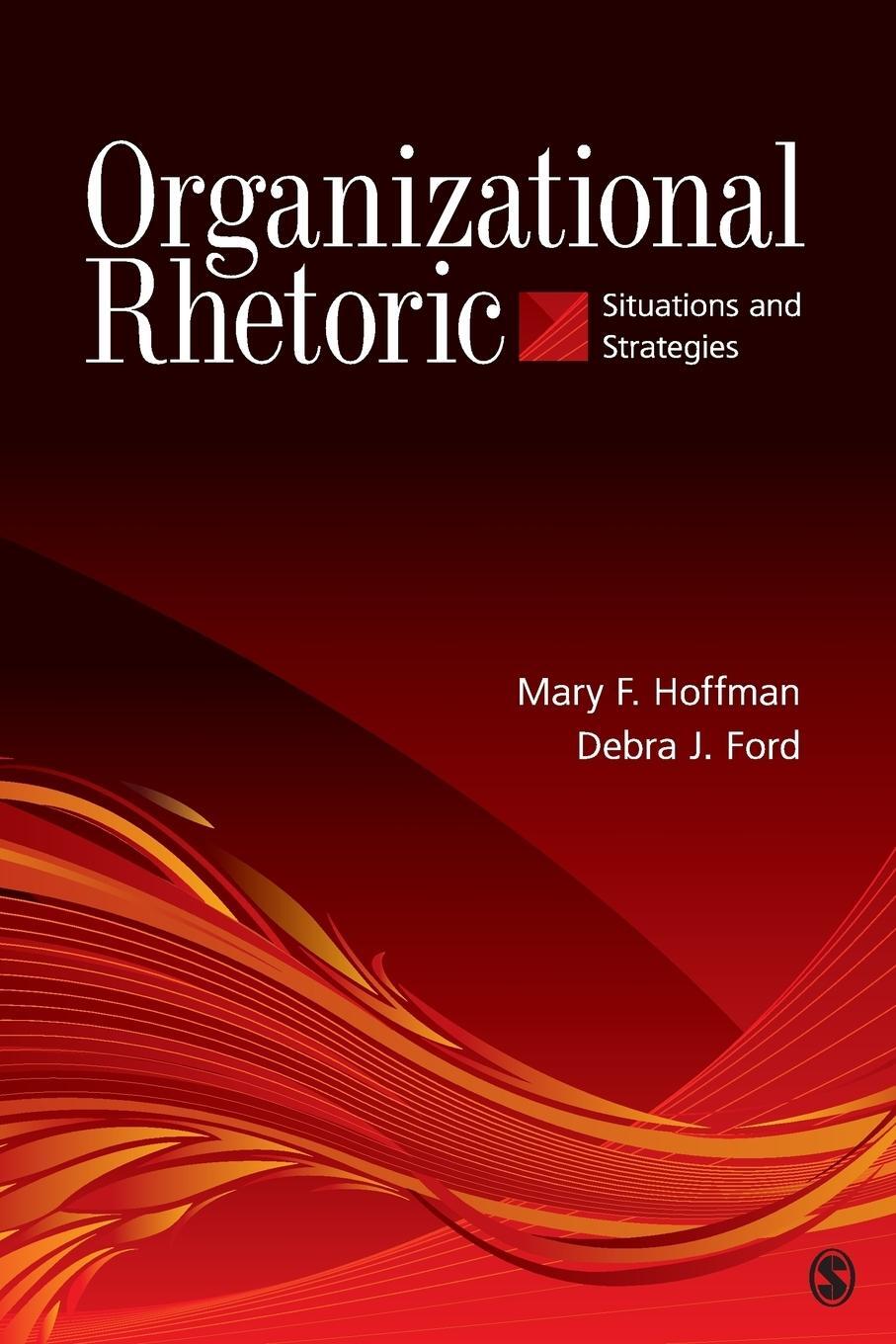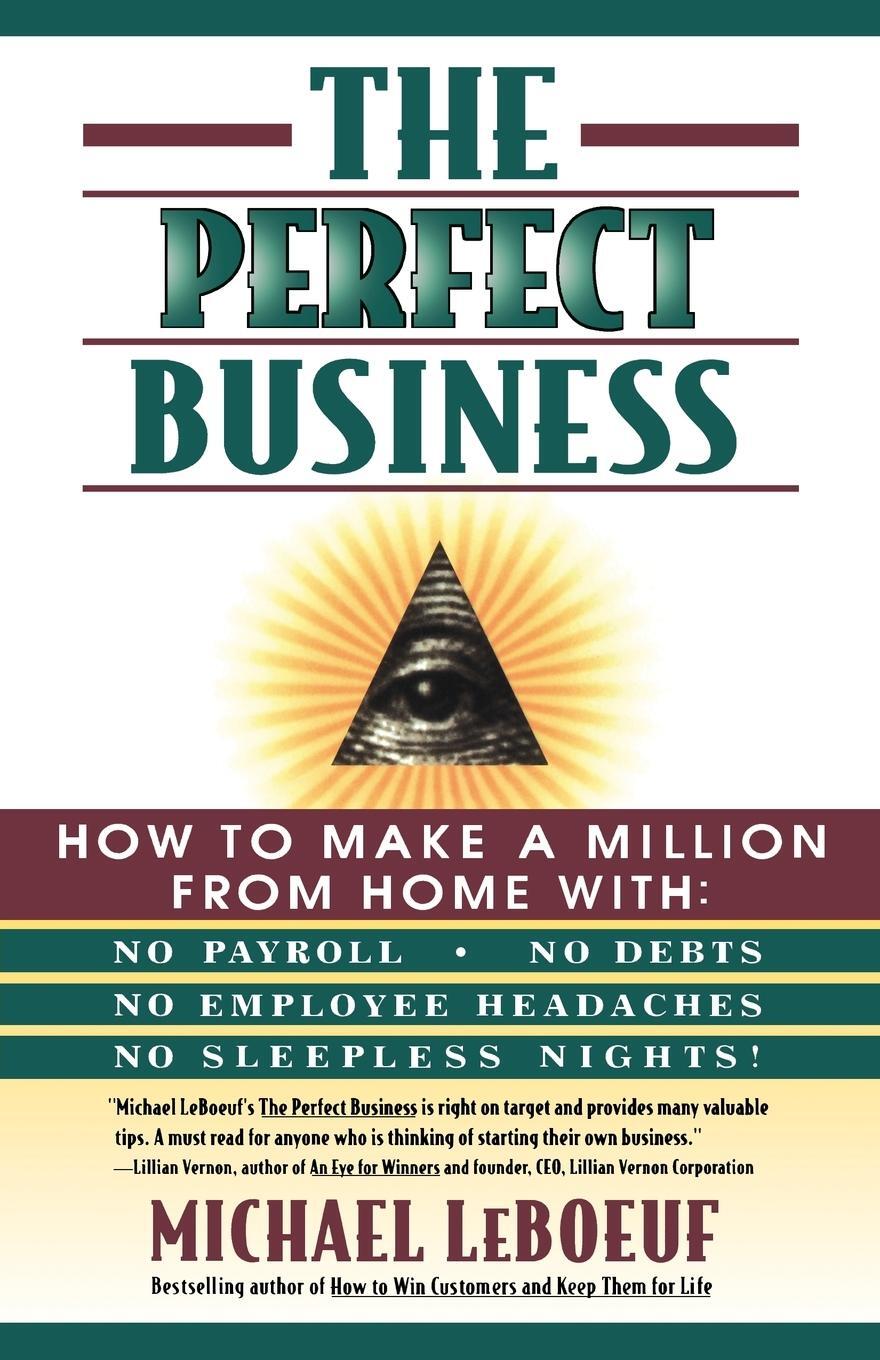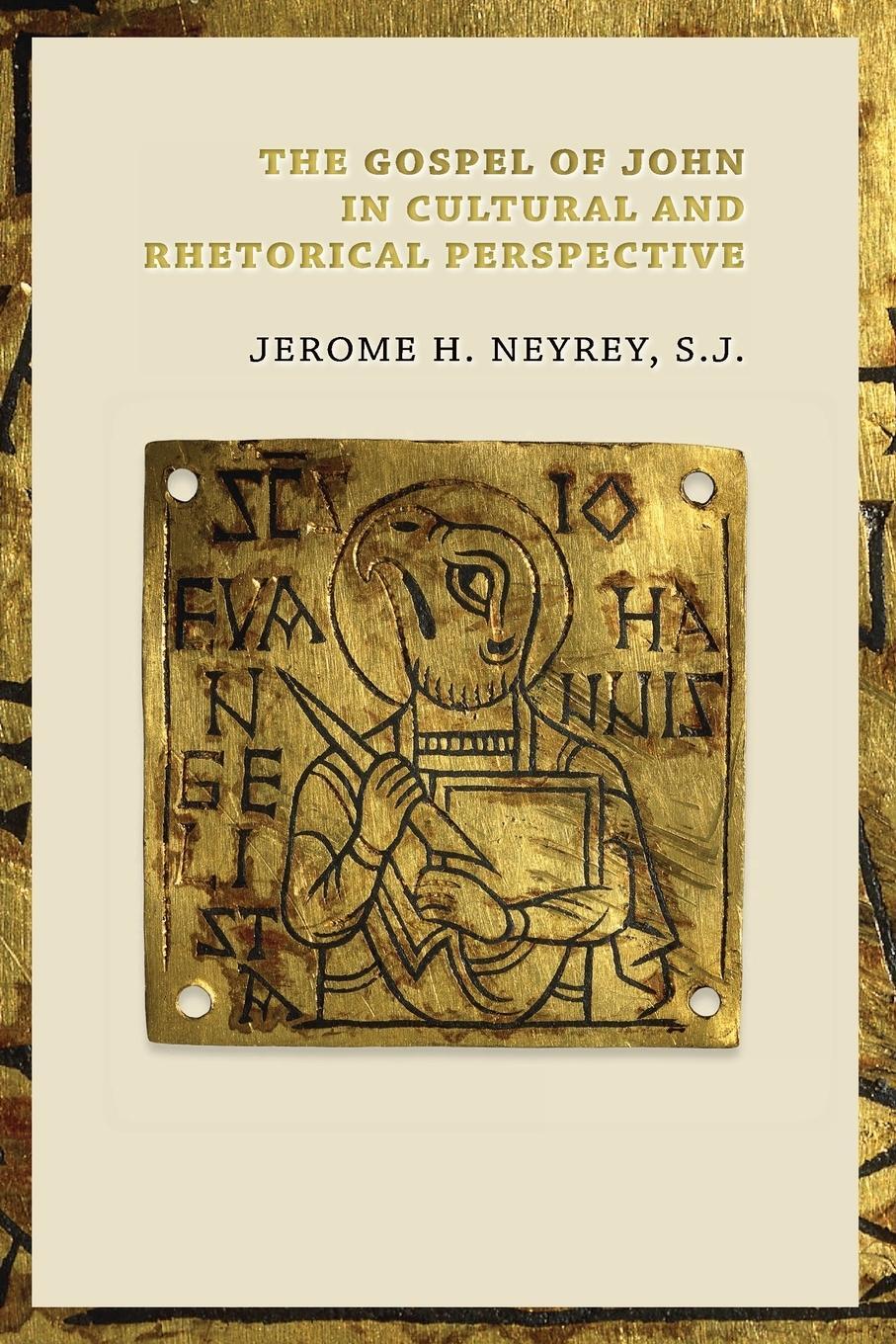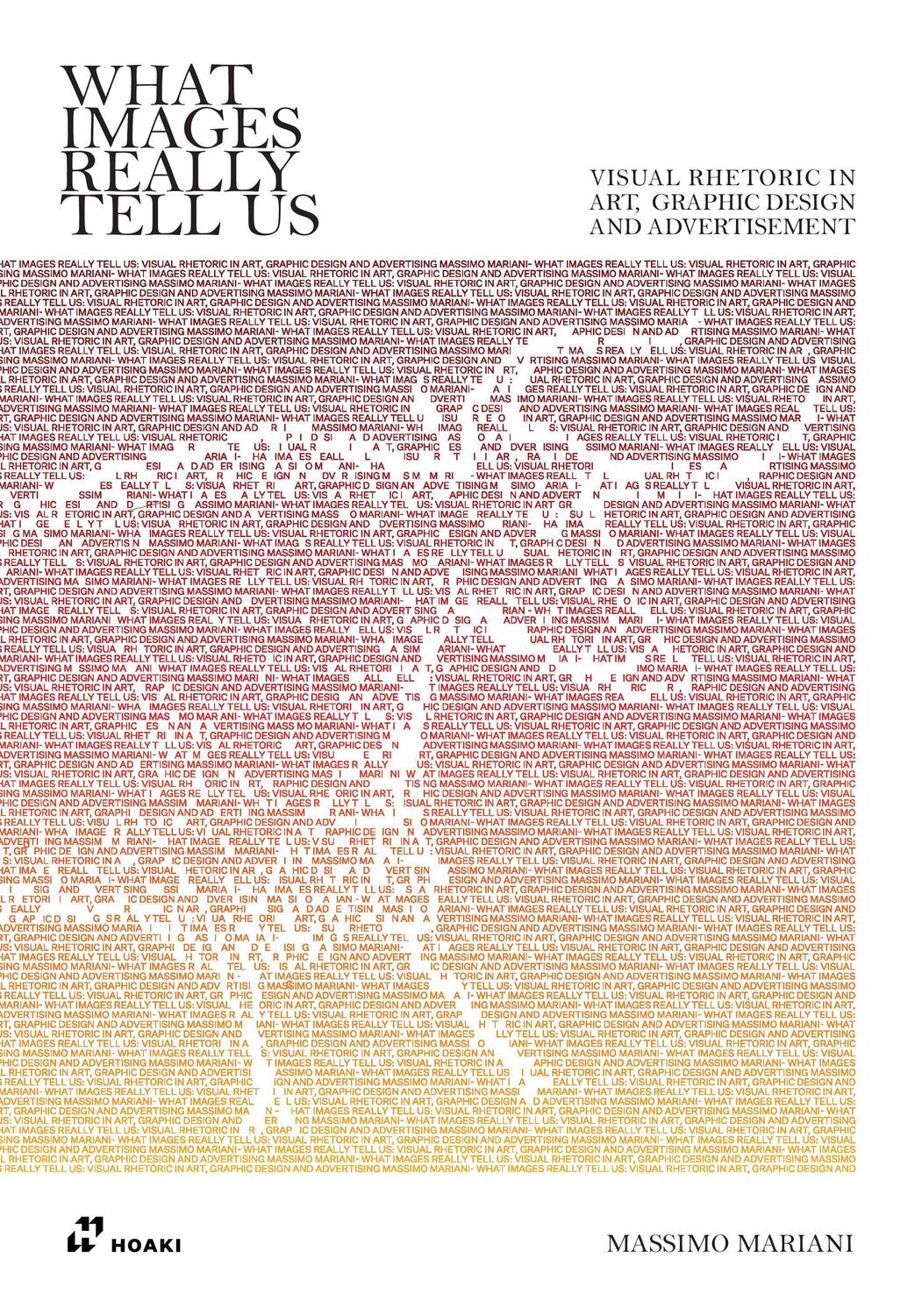130,95 €*
Versandkostenfrei per Post / DHL
Lieferzeit 4-7 Werktage
Students will gain an understanding of the power of organizations in contemporary society and be able to think critically about organizational messages.
The text is organized in two units. In the first unit, authors Mary Hoffman and Debra Ford introduce the rationale for a rhetorical approach to organizational messages, and introduce the basic rhetorical building blocks and principles behind the rhetorical situation and the analysis of strategies.
In the second unit, the authors cover six specific rhetorical situations commonly faced by organizations, image and identity management, issue management, impression management, risk management, crisis management and organizational apologia, and internal message management. Each chapter is structured similarly, in conjunction with the ideas developed in unit one, and each ends with a case study that exemplifies the content presented in that chapter.
Features and Benefits:
- The first unit in the text will introduce the details of analyzing situations and identifying strategies
- The second unit will examine six specific recurring rhetorical situations for organizations
- Organizational schema centered on situations and strategies
- Use of real-life case studies
- Focus on careers in organizational rhetoric
- Focus on thinking critically about organizations in society
Students will gain an understanding of the power of organizations in contemporary society and be able to think critically about organizational messages.
The text is organized in two units. In the first unit, authors Mary Hoffman and Debra Ford introduce the rationale for a rhetorical approach to organizational messages, and introduce the basic rhetorical building blocks and principles behind the rhetorical situation and the analysis of strategies.
In the second unit, the authors cover six specific rhetorical situations commonly faced by organizations, image and identity management, issue management, impression management, risk management, crisis management and organizational apologia, and internal message management. Each chapter is structured similarly, in conjunction with the ideas developed in unit one, and each ends with a case study that exemplifies the content presented in that chapter.
Features and Benefits:
- The first unit in the text will introduce the details of analyzing situations and identifying strategies
- The second unit will examine six specific recurring rhetorical situations for organizations
- Organizational schema centered on situations and strategies
- Use of real-life case studies
- Focus on careers in organizational rhetoric
- Focus on thinking critically about organizations in society
Acknowledgments
1. Organizations and Rhetoric in Contemporary Culture
Defining Rhetoric
Defining an Organization
Defining Organizational Rhetoric
Understanding Organizational Rhetoric
Characteristics of Organizational Rhetoric
Reasons for Studying Organizational Rhetoric
Goals for Studying Organizational Rhetoric
Practical Outcomes of Studying Organizational Rhetoric
A Process for Analyzing Organizational Rhetoric
Conclusion
2. Identifying Rhetorical Strategies in Organizational Rhetoric
Canon of Invention
Canon of Organization in Organizational Rhetoric
Canon of Style in Organizational Rhetoric
Canon of Delivery in Organizational Rhetoric
Interdependence of Invention, Organization, Style, and Delivery in Organizational Rhetoric
Canon of Memory in Organizational Rhetoric
Special Situations and Rhetorical Strategies
Conclusion
Worksheet for Identifying Rhetorical Strategies in Organizational Texts
3. Rhetorical Situations in Organizations
The Importance of Context in Rhetoric
Two Perspectives on Rhetorical Situations
The Rhetorical Situation in Organizational Rhetoric
Researching the Rhetorical Situation
Conclusion
Case Study: A Showdown Over Power in Texas
Worksheet for Describing Rhetorical Situations in Organizations
4. Critical Approaches to Organizational Rhetoric
Historical Overview
Key Ideas in Critical Approaches to Organization Studies and Organizational Rhetoric
Summary of the Key Concepts in Critical Theory/Perspectives
Making Choices: Ethics and Organizational Rhetoric
Conclusion
Note
5. Evaluating and Critiquing Organizational Rhetoric
Two Approaches to Analyzing Organizational Rhetoric
Conclusion
Worksheet for Conducting an Evaluative Reading
Worksheet for Conducting a Critical Reading
6. Identity Creation and Maintenance Rhetoric
The Foundation for Identity Rhetoric: Organizational Identity
Identity Building Rhetoric
Identity Maintenance Rhetoric
Evaluating and Critiquing Identity Creation and Maintenance Rhetoric
Conclusion
Case Study: "Who Says the Internet Is Only For Young People?" Identity and Disaster Relief
7. Rhetoric About Issues
Defining Issues and Issue Management in Organizations
Foundation for Understanding Issues Rhetoric: Issue Life Cycles
Issue Management: The Rhetorical Situation
Strategies for Rhetoric About Issues
Evaluating and Critiquing Rhetoric About Issues
Conclusion
Case Study: Menu Labeling---Healthy Idea or Big Brother?
8. Rhetoric About Organizational Risk
Defining Risk in Organizations
Foundations for Understanding Risk Rhetoric
The Rhetorical Situation for Risk Rhetoric
Strategies for Rhetoric About Risk
Evaluating and Critiquing Rhetoric About Risk
Conclusion
Case Study: No Bodies in My Backyard
9. Crisis Rhetoric
Defining Rhetoric About Crisis
Foundation for Understanding Crisis Rhetoric: Life Cycle of a Crisis
Crisis Management: The Rhetorical Situation
Strategies in Crisis Rhetoric
Evaluating and Critiquing Organizational Rhetoric About Crisis
Case Study: The Perfect Storm
10. Organizational Rhetoric for Internal Audiences
The Rhetorical Situation in Internal Organizational Rhetoric
Rhetorical Strategies for Internal Messages
Evaluating and Critiquing Internal Organizational Rhetoric
Conclusion
Case Study: A New Record---Transitioning to Electronic Medical Records
Epilogue: The Ancient Art of Rhetoric in a Complex Organizational World
Rhetoric in a Globalized Organizational World
Corporate Rhetoric in Nonprofit Organizations
Traditional Rhetorical Strategies in Contemporary Forms
The Environment as Situation and Strategy
Appendix: Worksheets for Analyzing Organizational Rhetoric
Worksheet for Identifying Rhetorical Strategies in Organizational Texts
Worksheet for Describing Rhetorical Situations in Organizations
Worksheet for Conducting an Evaluative Reading
Worksheet for Conducting a Critical Reading
References
Index
About the Authors
| Erscheinungsjahr: | 2009 |
|---|---|
| Fachbereich: | Kommunikationswissenschaften |
| Genre: | Medienwissenschaften |
| Rubrik: | Wissenschaften |
| Medium: | Taschenbuch |
| Seiten: | 290 |
| ISBN-13: | 9781412956697 |
| ISBN-10: | 1412956692 |
| Sprache: | Englisch |
| Herstellernummer: | B56684P |
| Ausstattung / Beilage: | Paperback |
| Einband: | Kartoniert / Broschiert |
| Autor: |
Hoffman, Mary F.
Ford, Debra J. |
| Hersteller: | Sage Publications, Inc |
| Maße: | 229 x 152 x 16 mm |
| Von/Mit: | Mary F. Hoffman (u. a.) |
| Erscheinungsdatum: | 01.10.2009 |
| Gewicht: | 0,424 kg |
Acknowledgments
1. Organizations and Rhetoric in Contemporary Culture
Defining Rhetoric
Defining an Organization
Defining Organizational Rhetoric
Understanding Organizational Rhetoric
Characteristics of Organizational Rhetoric
Reasons for Studying Organizational Rhetoric
Goals for Studying Organizational Rhetoric
Practical Outcomes of Studying Organizational Rhetoric
A Process for Analyzing Organizational Rhetoric
Conclusion
2. Identifying Rhetorical Strategies in Organizational Rhetoric
Canon of Invention
Canon of Organization in Organizational Rhetoric
Canon of Style in Organizational Rhetoric
Canon of Delivery in Organizational Rhetoric
Interdependence of Invention, Organization, Style, and Delivery in Organizational Rhetoric
Canon of Memory in Organizational Rhetoric
Special Situations and Rhetorical Strategies
Conclusion
Worksheet for Identifying Rhetorical Strategies in Organizational Texts
3. Rhetorical Situations in Organizations
The Importance of Context in Rhetoric
Two Perspectives on Rhetorical Situations
The Rhetorical Situation in Organizational Rhetoric
Researching the Rhetorical Situation
Conclusion
Case Study: A Showdown Over Power in Texas
Worksheet for Describing Rhetorical Situations in Organizations
4. Critical Approaches to Organizational Rhetoric
Historical Overview
Key Ideas in Critical Approaches to Organization Studies and Organizational Rhetoric
Summary of the Key Concepts in Critical Theory/Perspectives
Making Choices: Ethics and Organizational Rhetoric
Conclusion
Note
5. Evaluating and Critiquing Organizational Rhetoric
Two Approaches to Analyzing Organizational Rhetoric
Conclusion
Worksheet for Conducting an Evaluative Reading
Worksheet for Conducting a Critical Reading
6. Identity Creation and Maintenance Rhetoric
The Foundation for Identity Rhetoric: Organizational Identity
Identity Building Rhetoric
Identity Maintenance Rhetoric
Evaluating and Critiquing Identity Creation and Maintenance Rhetoric
Conclusion
Case Study: "Who Says the Internet Is Only For Young People?" Identity and Disaster Relief
7. Rhetoric About Issues
Defining Issues and Issue Management in Organizations
Foundation for Understanding Issues Rhetoric: Issue Life Cycles
Issue Management: The Rhetorical Situation
Strategies for Rhetoric About Issues
Evaluating and Critiquing Rhetoric About Issues
Conclusion
Case Study: Menu Labeling---Healthy Idea or Big Brother?
8. Rhetoric About Organizational Risk
Defining Risk in Organizations
Foundations for Understanding Risk Rhetoric
The Rhetorical Situation for Risk Rhetoric
Strategies for Rhetoric About Risk
Evaluating and Critiquing Rhetoric About Risk
Conclusion
Case Study: No Bodies in My Backyard
9. Crisis Rhetoric
Defining Rhetoric About Crisis
Foundation for Understanding Crisis Rhetoric: Life Cycle of a Crisis
Crisis Management: The Rhetorical Situation
Strategies in Crisis Rhetoric
Evaluating and Critiquing Organizational Rhetoric About Crisis
Case Study: The Perfect Storm
10. Organizational Rhetoric for Internal Audiences
The Rhetorical Situation in Internal Organizational Rhetoric
Rhetorical Strategies for Internal Messages
Evaluating and Critiquing Internal Organizational Rhetoric
Conclusion
Case Study: A New Record---Transitioning to Electronic Medical Records
Epilogue: The Ancient Art of Rhetoric in a Complex Organizational World
Rhetoric in a Globalized Organizational World
Corporate Rhetoric in Nonprofit Organizations
Traditional Rhetorical Strategies in Contemporary Forms
The Environment as Situation and Strategy
Appendix: Worksheets for Analyzing Organizational Rhetoric
Worksheet for Identifying Rhetorical Strategies in Organizational Texts
Worksheet for Describing Rhetorical Situations in Organizations
Worksheet for Conducting an Evaluative Reading
Worksheet for Conducting a Critical Reading
References
Index
About the Authors
| Erscheinungsjahr: | 2009 |
|---|---|
| Fachbereich: | Kommunikationswissenschaften |
| Genre: | Medienwissenschaften |
| Rubrik: | Wissenschaften |
| Medium: | Taschenbuch |
| Seiten: | 290 |
| ISBN-13: | 9781412956697 |
| ISBN-10: | 1412956692 |
| Sprache: | Englisch |
| Herstellernummer: | B56684P |
| Ausstattung / Beilage: | Paperback |
| Einband: | Kartoniert / Broschiert |
| Autor: |
Hoffman, Mary F.
Ford, Debra J. |
| Hersteller: | Sage Publications, Inc |
| Maße: | 229 x 152 x 16 mm |
| Von/Mit: | Mary F. Hoffman (u. a.) |
| Erscheinungsdatum: | 01.10.2009 |
| Gewicht: | 0,424 kg |










